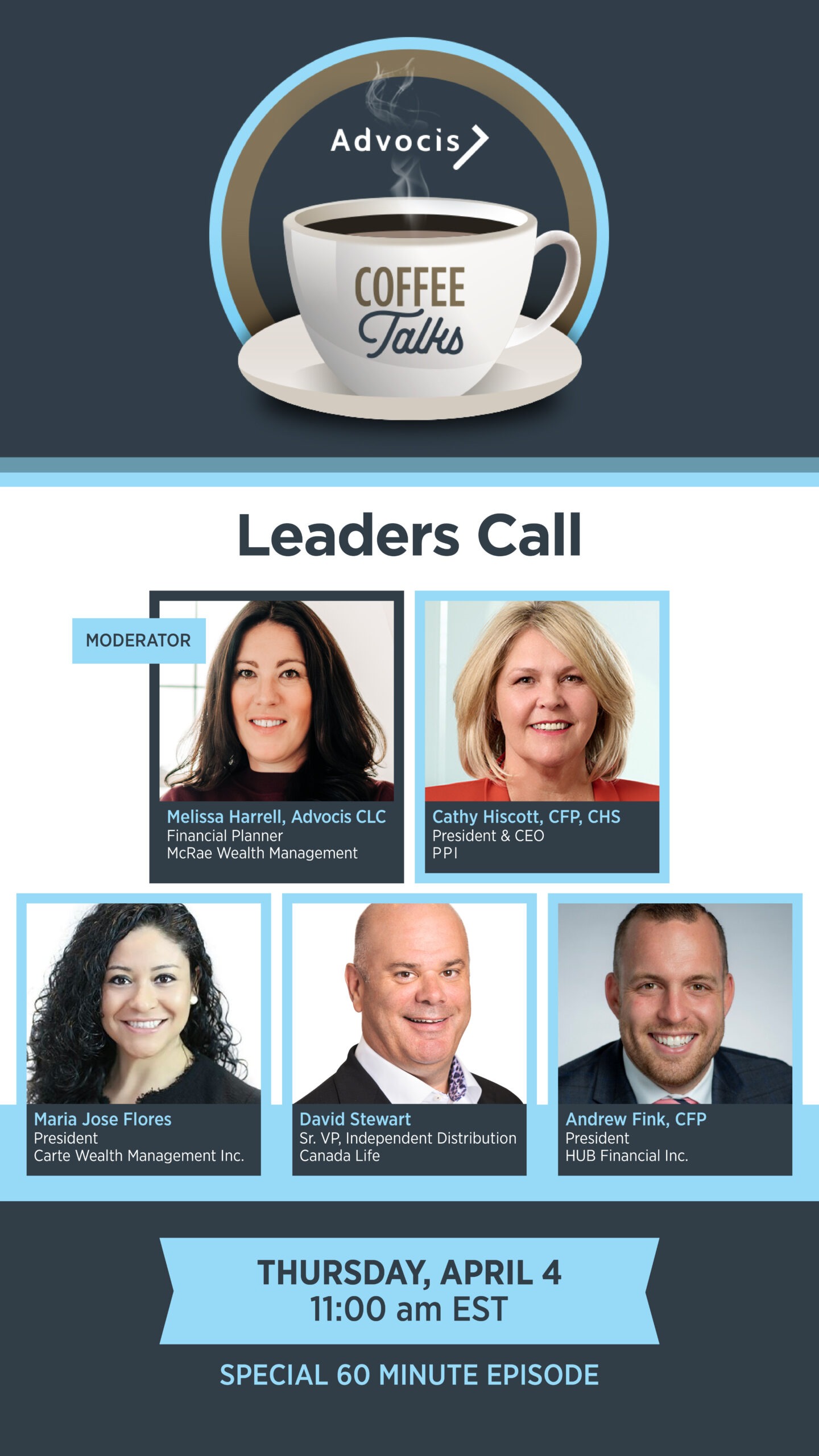Leo Almazora, Wealth Professional Canada
January 28, 2022 – Through their intimate relationships and in-depth conversations with clients, financial advisors and planners have traditionally been in a strong position to detect if a client is going through cognitive decline, and protect their interests accordingly.
But as the COVID pandemic drags into its second anniversary, it doesn’t seem like Zoom meetings and phone-based planning conversations will be going out of style soon. That begs the question: will advisors and planners be as effective as before at sensing and reacting when something’s amiss?
Wealth Professional asked three industry veterans and leaders for their thoughts. Here’s what they had to say.

Greg Pollock, president and CEO, Advocis:
“I suspect it’s more difficult to assess clients’ cognitive abilities virtually than it is in person. If you have a client who’s elderly and possibly has suffered from some cognitive loss, you really need to sit down at the kitchen table for 30 minutes and have a good conversation to get a really good sense of where they’re at.
“Have some people identified cognitive decline virtually? I’m sure they have. But is it more challenging? I have to imagine that it is. And that’s certainly a concern for financial advisors, because if they’re not able to effectively assess if clients are making informed choices, it could greatly impact their financial plans.”

Scott Plaskett, senior financial planner and CEO, Ironshield Financial Planning:
“I don’t think it’s going to be more challenging; I think it’s just going to be different, and in many cases, it can actually be easier. I think having video is important, because then you’re able to read people’s faces and whatnot as you’re having the conversation, and so you’re better able to follow your gut.
“The benefit to the online or virtual solutions is that you can actually loop in the trusted person in their life more easily to those particular meetings than you could if you had to have meetings face to face. You can frame it to explain that by building and having a relationship with somebody who is a trusted person in the client’s life, you as an advisor have somebody you can turn to in the event that something serious happens, and make sure their affairs are being handled. That’s a much easier thing to do than to say ‘Why don’t you invite them to our next review meeting?’ and coordinating is much more difficult.”

Sam Febbraro, executive vice president, Investment Planning Counsel:
“Advisors can start detecting if there is a cognitive decline, whether it’s dementia or Alzheimer’s setting in … Because they’ve known many of their clients for such a long period of time, they may see some subtle differences that family members may not be able to. And when you’re dealing with financial matters, even sporadic changes in behaviour or occasional loss of memory may be enough for people to ask if there’s something more to what’s going on.
“On the phone, it might be a little bit more difficult. But when we’re face to face using virtual mediums, and you can see people’s behaviour and their reaction, I don’t know if it actually lessens that capability of detection. Someone walking into your office may give subtle cues on their physical state and how they’re doing, but there may be other behaviours they pick up on [even through videoconferencing].
“Despite all of the challenges that we faced over the last two years, I have found that more advisors are in contact with clients because someone doesn’t need to be, for example, within a one-hour driving radius of the office. They can now leverage technology and talk to more clients more often.”








